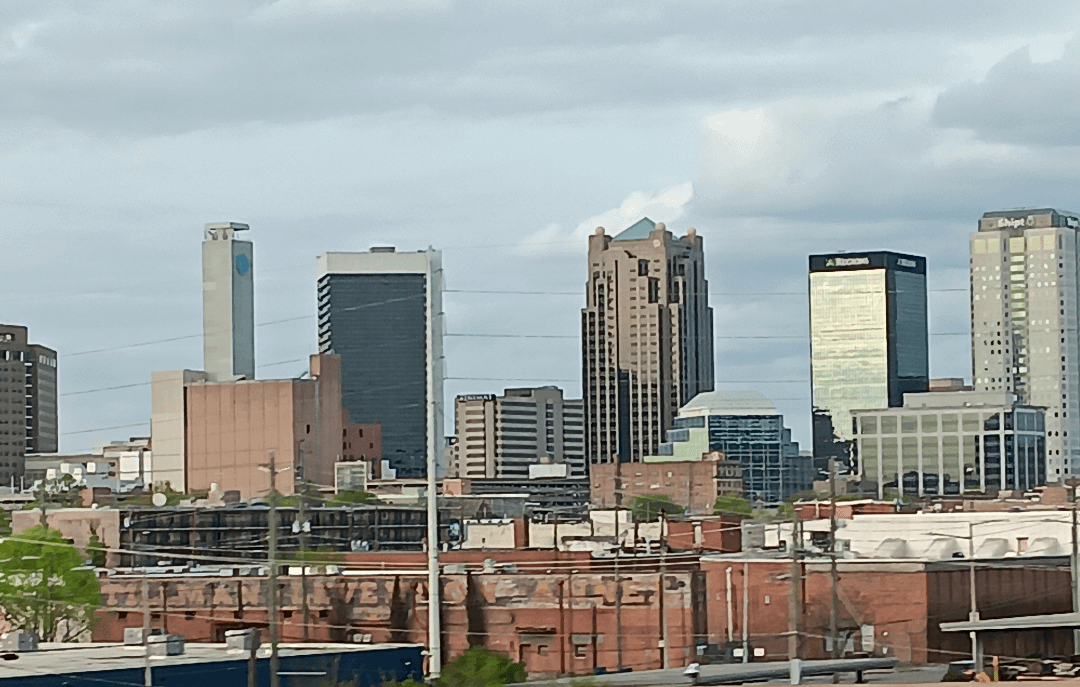[ad_1]

Birmingham, Alabama is a city rich in history and culture, with a prominent role in the Civil Rights Movement of the 1960s. Birmingham was a major center of industrial activity during the late 19th and early 20th centuries, known for its booming steel industry and manufacturing sector. The city’s population grew quickly as a result of this industrial activity, and Birmingham became a hub for African American migration from rural areas to urban centers.
In the 1960s, Birmingham gained national attention for its role in the Civil Rights Movement, with activists such as Martin Luther King Jr. leading protests and demonstrations against segregation and discrimination. The city was the site of several significant events, including the 16th Street Baptist Church bombing in 1963, which killed four young African American girls and galvanized support for the civil rights cause.
Today, Birmingham is a diverse and vibrant city, with a strong focus on revitalizing its downtown area and promoting economic growth. The city is home to several universities and colleges, as well as a thriving arts and culture scene. Residents and visitors can enjoy attractions such as the Birmingham Museum of Art, the Birmingham Civil Rights Institute, and the Alabama Jazz Hall of Fame.
Overall, Birmingham, Alabama is a city with a rich history and a bright future, continuing to evolve and grow as a cultural and economic center in the Southern United States.
